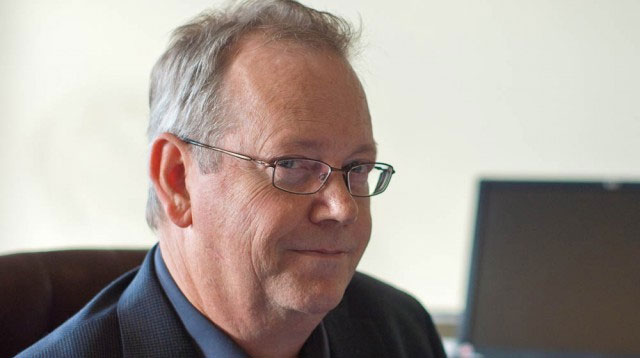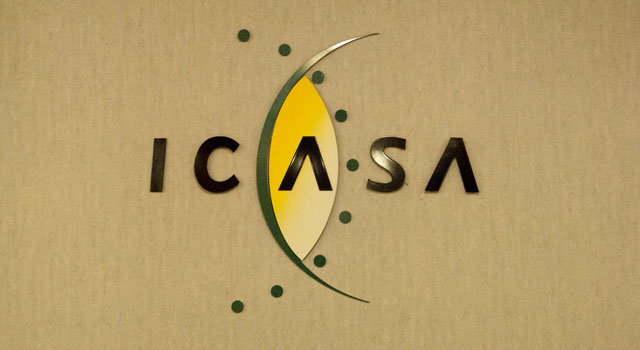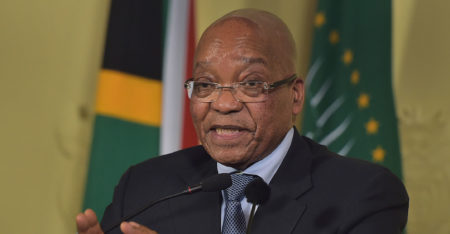
Communications regulator Icasa looks set to lose four of its councillors in the next few months. William Currie and Joseph Lebooa are set to leave when their contracts come to an end on the 30 September, while William Stucke and Miki Ndhlovu will depart a month later.
In terms of the Icasa Act, councillors are appointed for four-year terms, which can be renewed for a second term. The chairman is appointed for five years and may only serve one term as chair.
Democratic Alliance shadow minister of telecommunications and postal services Marian Shinn says the exit of the councillors is a big loss to the institution. “Particularly in the cases of Stucke and Currie, this is a loss of solid ICT experience, intellectual capital and courageous independent thinking for Icasa.”
She says Lebooa has also demonstrated that he is “unafraid to speak out about over what he saw as improper procedures and possible interference with Icasa’s independence”.
Shinn says that the four councillors have achieved traction on some of the important issues Icasa has had to deal with, despite working inside an organisation that is poorly resourced with inadequate systems and insufficient appropriately experienced staff to support their work.
Shinn says the possible impact of the loss of these experienced and independently minded councillors is concerning, “particularly at this time of uncertainty over how the regulator will work across both departments”.
After this year’s general election, President Jacob Zuma controversially split the department of communications in two, creating a new department of communications as well as a department of telecoms and postal services. Although much of Icasa’s work is centred on the telecoms industry, it will now report into the new communications department, which houses entities such as the SABC and government’s communication arm, GCIS.
“I fear this opens up a window of opportunity for the ANC to pack Icasa with people compliant to their strategy for Icasa — whatever that may be,” says Shinn. “It could well bring about the end of Icasa’s chapter 9 independence, as this has always been contested by the ANC members of the portfolio committee.”

Chapter 9 of the constitution mandates that South Africa’s broadcasting regulator — although not its telecoms regulator — be independent of the executive arm of government. This was done to try to prevent the ruling party, whichever political party it might be, from abusing the airwaves to its own advantage.
Shinn says the four councillors who are leaving brought an independence of mind and commitment to what needed to be done to promote a competent and competitive ICT sector.
“I fear that, if the previous portfolio committee process of selecting councillors is anything to go by … they will be replaced by ANC-compliant and ANC-connected people.”
Shinn says the upcoming selection will be “critical for the future of Icasa’s independence and the promotion of transparent and effective allocation of sought-after spectrum and licensing of industry players”.
BMI-TechKnowledge MD Denis Smit says continuity at Icasa is a concern given the institutional knowledge that will walk out the door when the four councillors leave later this year.
“On the other hand,” Smit says, “it allows for fresh energy and fresh blood to be injected into Icasa, and that is something that should be welcomed.”
To replace the four departing councillors, parliament’s portfolio committee on communications will consider applications, with a shortlist to be drawn up. Those on the shortlist will be interviewed by the committee. A list of names will then be sent to President Zuma. On the president’s agreement, the names will then be submitted to the national assembly for ratification. — © 2014 NewsCentral Media




